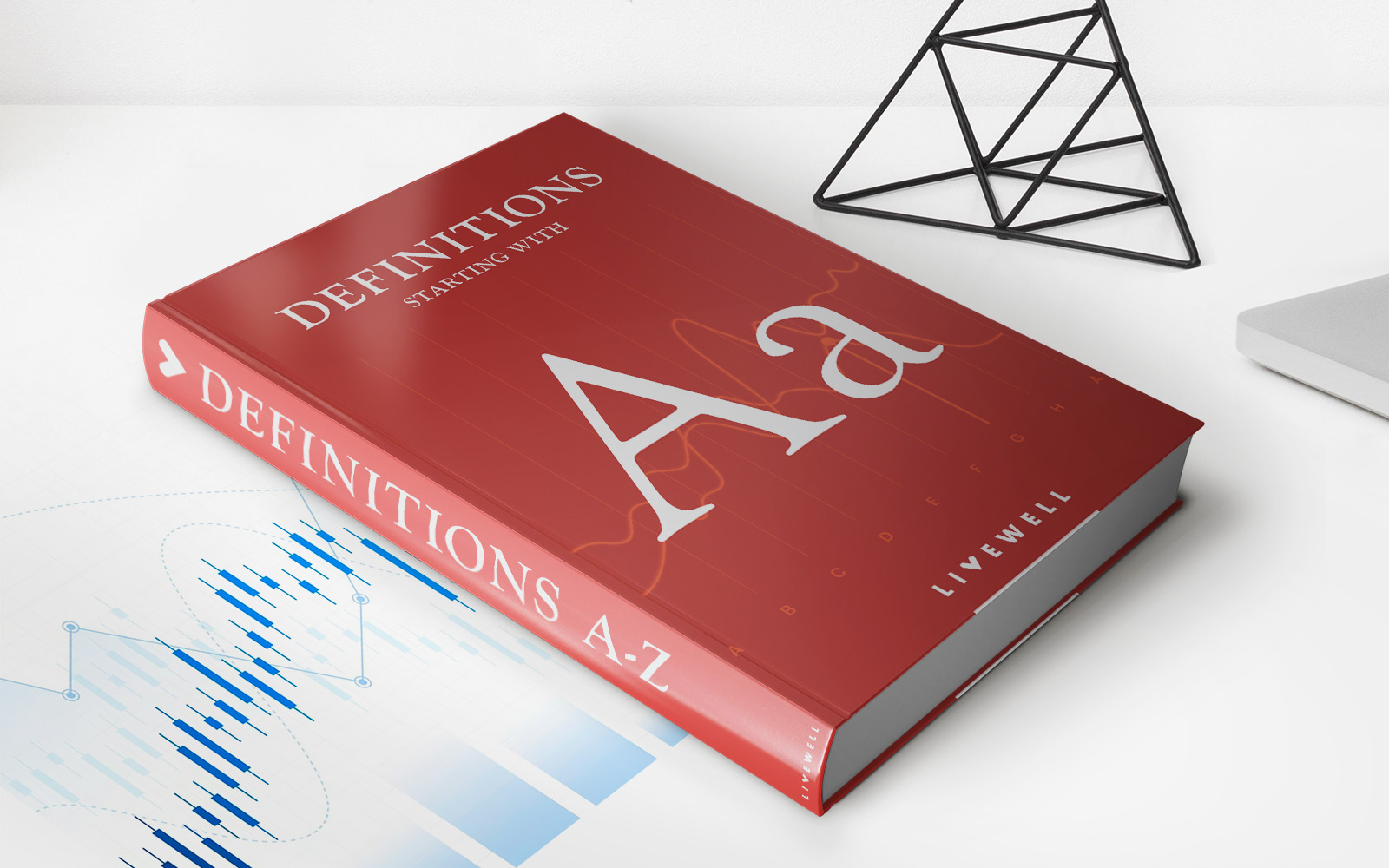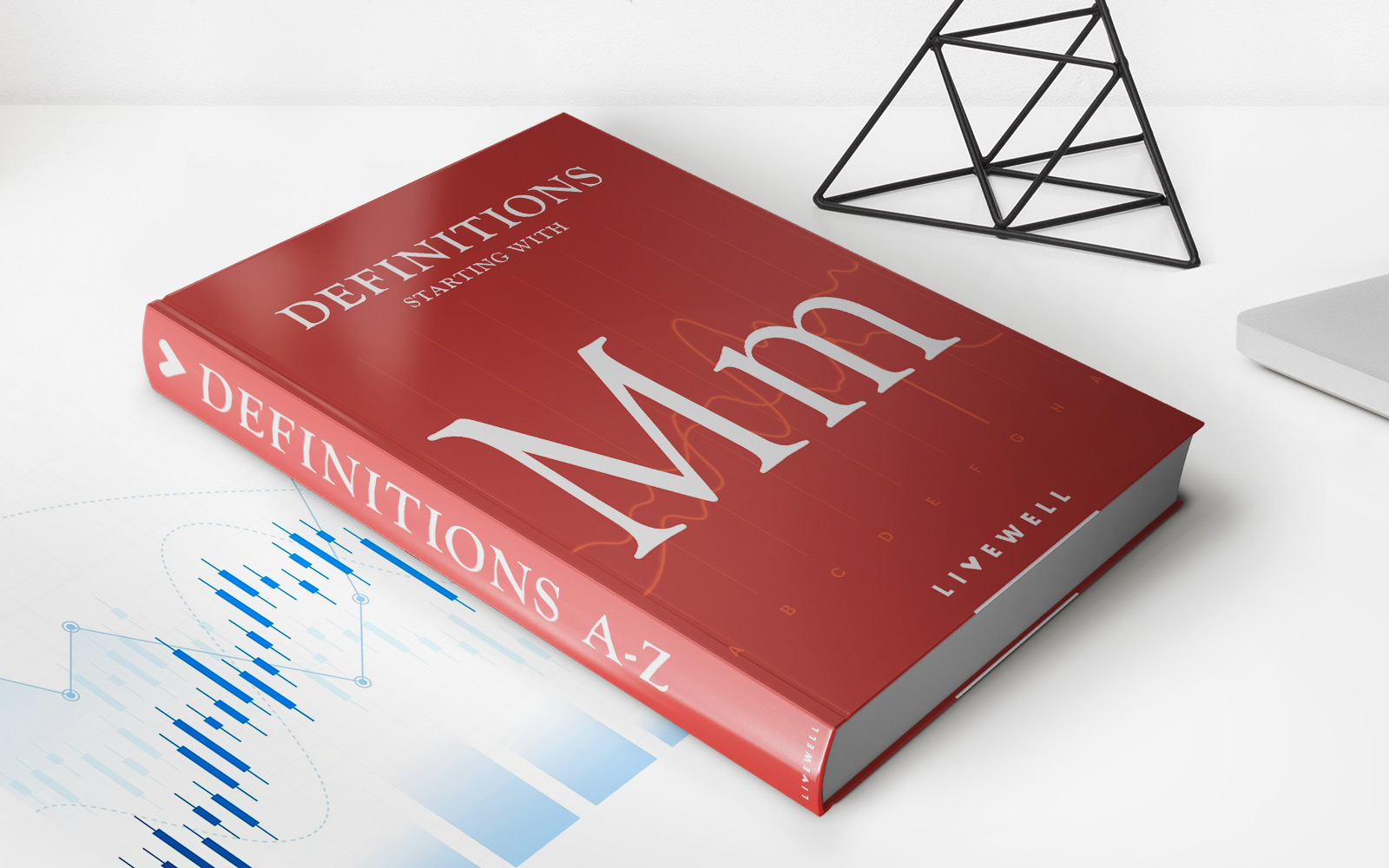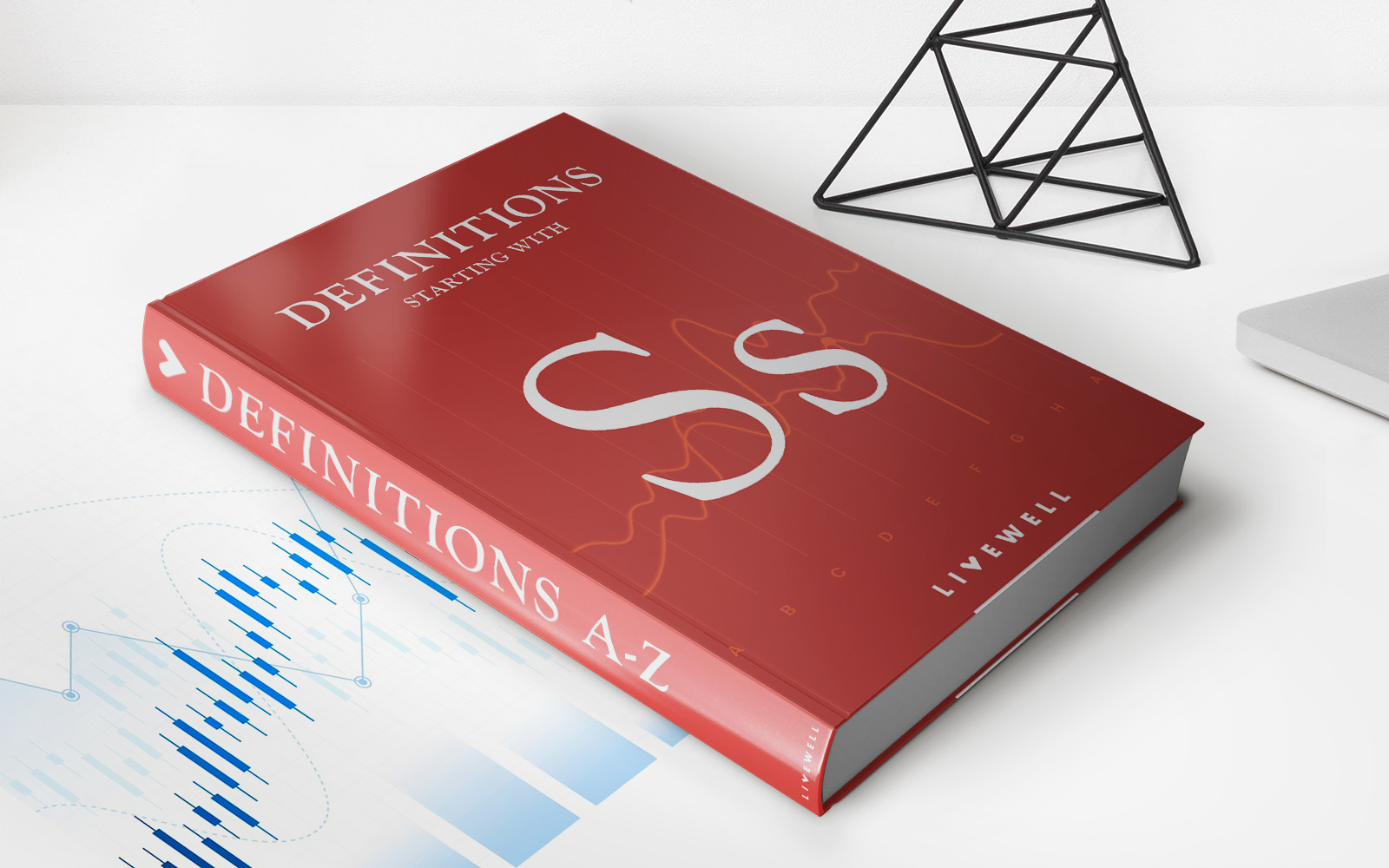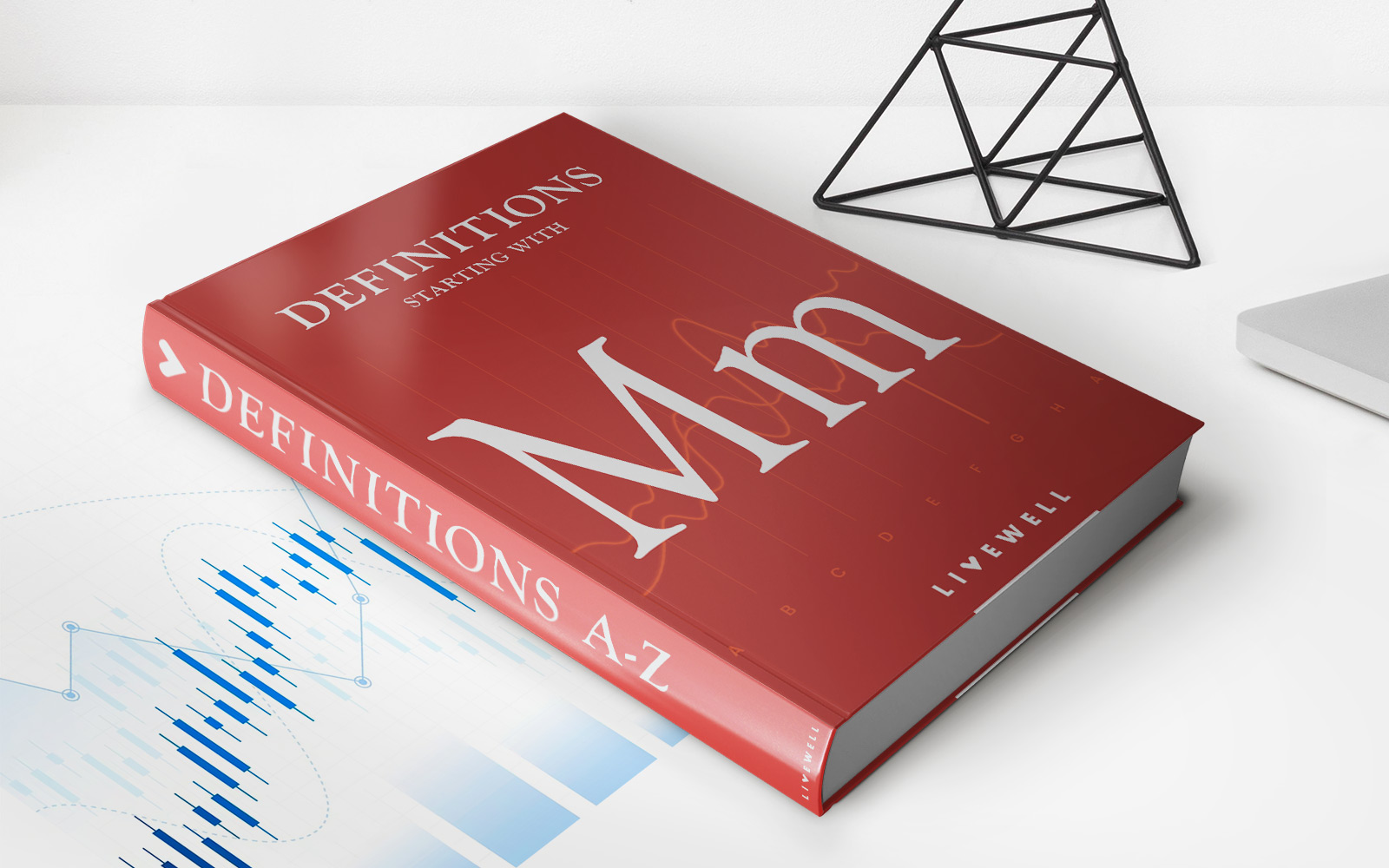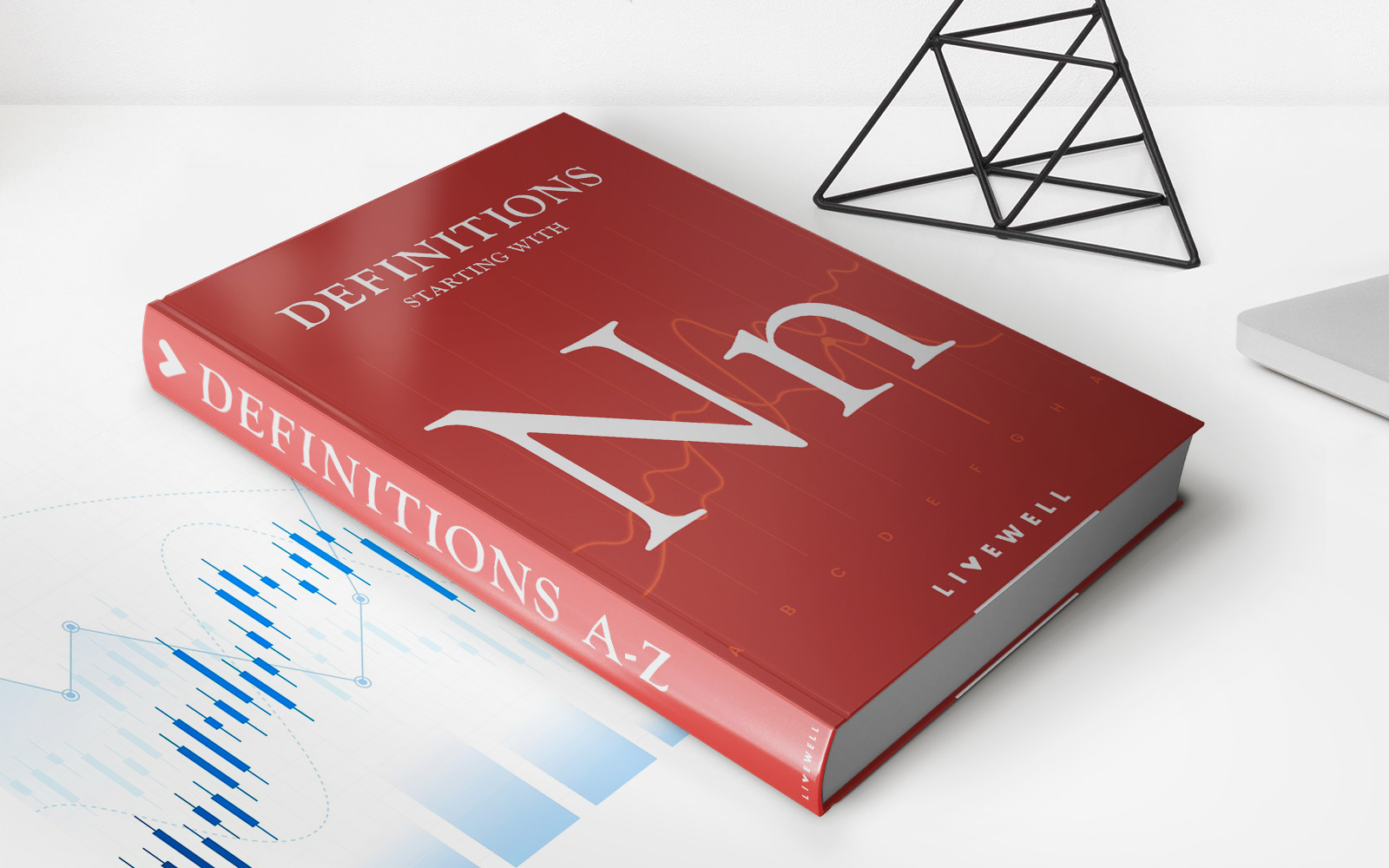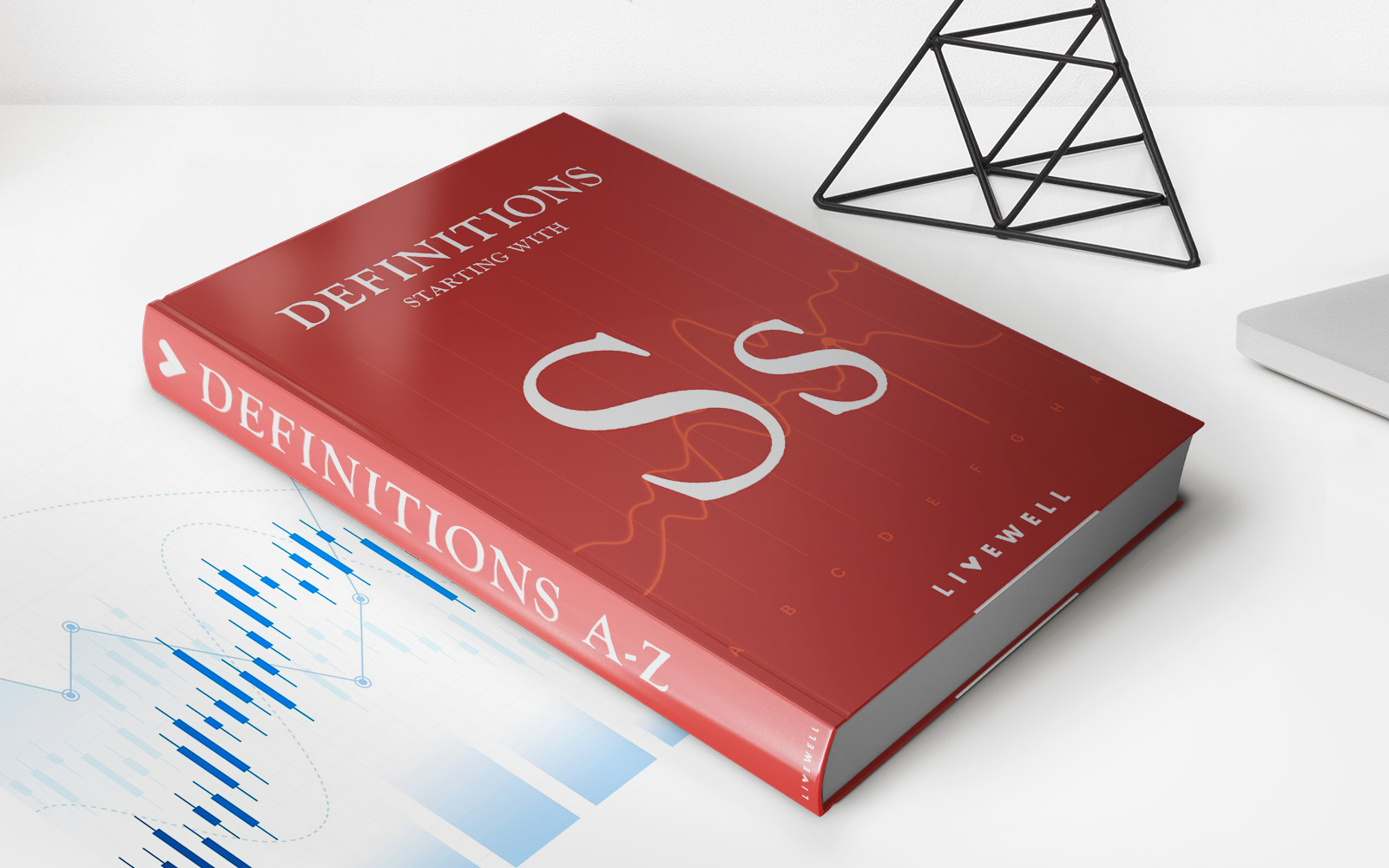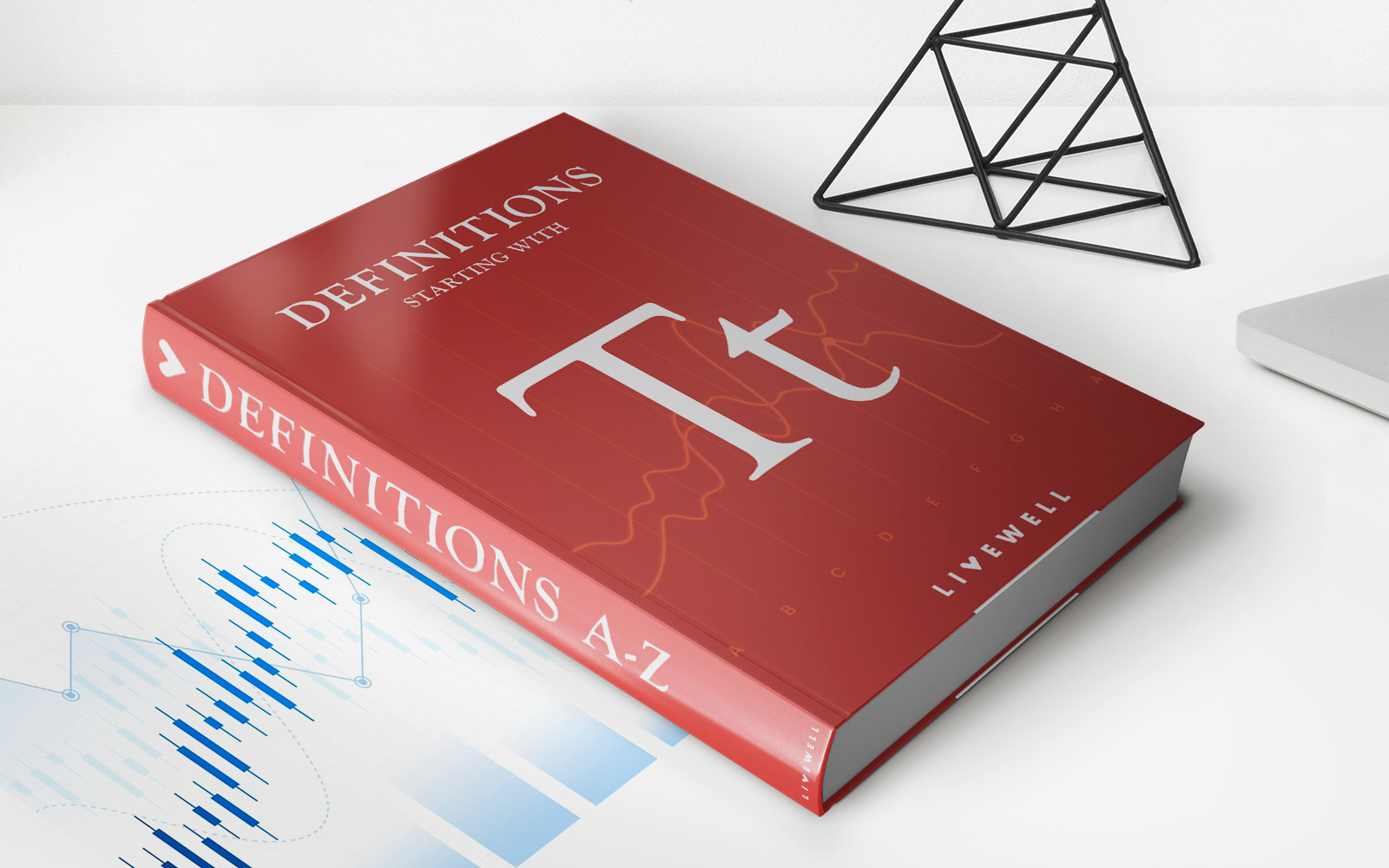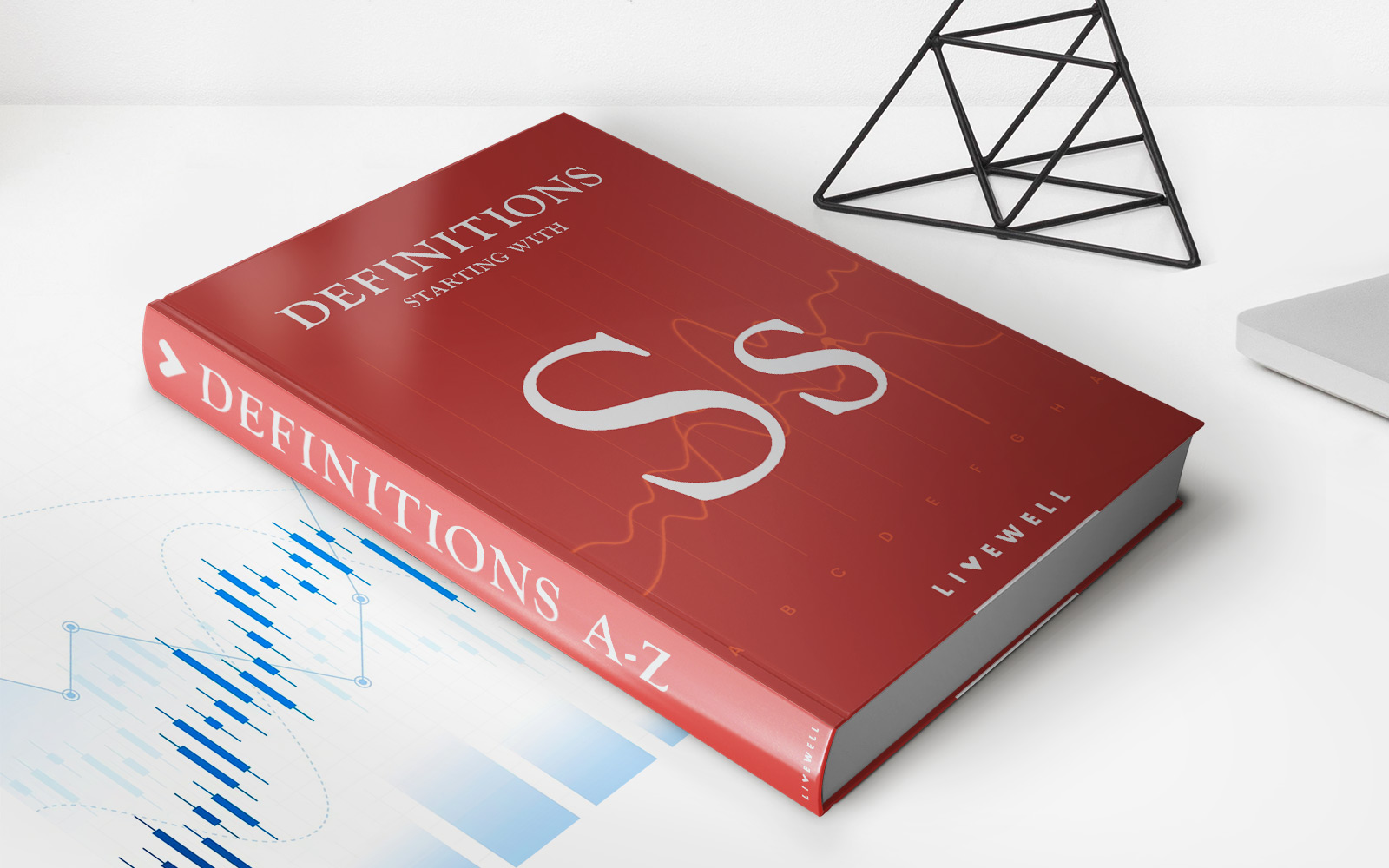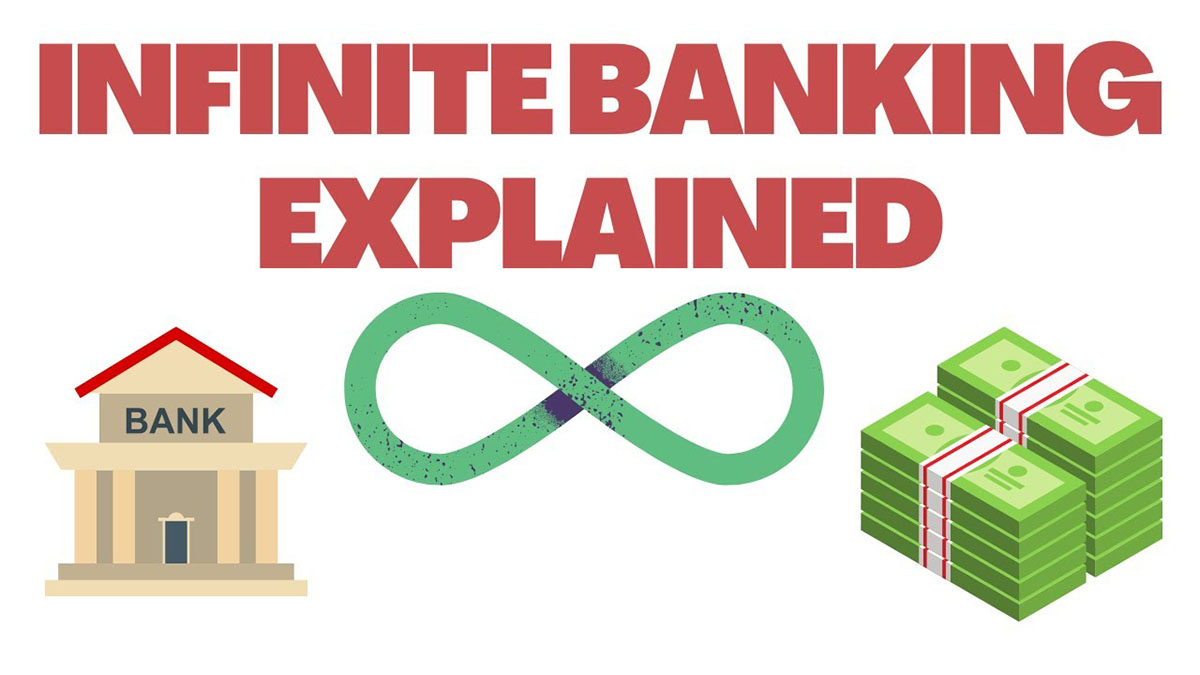Home>Finance>Licensing Agreement: Definition, Example, Types, And Benefits


Finance
Licensing Agreement: Definition, Example, Types, And Benefits
Published: December 18, 2023
Learn about the definition, examples, types, and benefits of licensing agreements in the field of finance. Discover how these agreements can benefit your business.
(Many of the links in this article redirect to a specific reviewed product. Your purchase of these products through affiliate links helps to generate commission for LiveWell, at no extra cost. Learn more)
Licensing Agreement: Definition, Example, Types, and Benefits
Welcome to another informative blog post in our finance category! Today, we are going to dive into the world of licensing agreements and explore their definition, examples, types, and the benefits they offer. So, if you are curious about licensing agreements and how they can impact your business, keep reading!
Key Takeaways:
- A licensing agreement is a legal contract that allows one party (the licensor) to grant permission to another party (the licensee) to use their intellectual property, such as trademarks, patents, or copyrighted material.
- Licensing agreements can provide various benefits to both parties involved, including generating additional revenue, expanding market reach, and leveraging expertise or resources.
What is a Licensing Agreement?
In simple terms, a licensing agreement is a legal contract between two parties where one party grants the other party permission to use their intellectual property, while specifying the terms and conditions of use. Intellectual property can encompass a wide range of assets, including trademarks, patents, copyrights, or even trade secrets.
Licensing agreements are commonly used by businesses to monetize their intellectual property and generate additional revenue streams. They allow the licensor (the party granting permission) to retain ownership of their intellectual property while the licensee (the party gaining permission) benefits from using the intellectual property for a specific purpose.
Example of a Licensing Agreement
Let’s say Company X develops a cutting-edge software application and wants to expand its user base without investing in marketing or sales efforts. Company X decides to enter into a licensing agreement with Company Y, a company that specializes in software distribution. In this licensing agreement, Company X grants Company Y the right to use, distribute, and sell their software to customers in specific geographic regions. In return, Company Y pays Company X a licensing fee or a percentage of each sale made.
This example demonstrates how a licensing agreement can be mutually beneficial. Company X can focus on developing innovative software while leveraging Company Y’s distribution network to reach a wider audience. Company Y, on the other hand, gains access to a cutting-edge software product without the need for extensive research and development.
Types of Licensing Agreements
Licensing agreements can come in various forms, depending on the nature of the intellectual property and the needs of the parties involved. Here are a few common types:
- Trademark Licensing Agreement: This type of agreement grants permission to use a trademarked brand name, logo, or slogan in connection with a product or service.
- Patent Licensing Agreement: With a patent licensing agreement, the licensor grants the licensee the right to use, manufacture, or sell an invention protected by a patent.
- Software Licensing Agreement: This agreement allows the licensee to use, distribute, or modify software developed by the licensor.
- Franchise Agreement: A franchise agreement is a specific type of licensing agreement where the franchisor grants the franchisee the right to operate a business using their established brand, systems, and support.
Benefits of Licensing Agreements
Licensing agreements offer several benefits to both parties involved:
- Revenue Generation: For the licensor, licensing agreements create an additional revenue stream by allowing others to use their intellectual property in exchange for licensing fees or royalties.
- Market Expansion: The licensee can expand their market reach by leveraging the value and reputation of the licensor’s intellectual property, gaining access to new customers and markets.
- Access to Expertise or Resources: Licensing agreements can provide the licensee with access to the licensor’s expertise, technologies, or resources, enabling them to enhance their products or services.
As you can see, licensing agreements play a crucial role in the business world by facilitating the sharing of intellectual property and fostering mutually beneficial relationships. If you are considering entering into a licensing agreement, it is important to consult with legal professionals to ensure all terms and conditions are properly defined and protect the interests of both parties involved.
We hope you found this blog post insightful and that it shed some light on the world of licensing agreements. Stay tuned for more informative articles on finance and other exciting topics!

